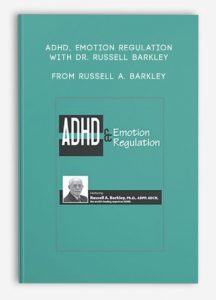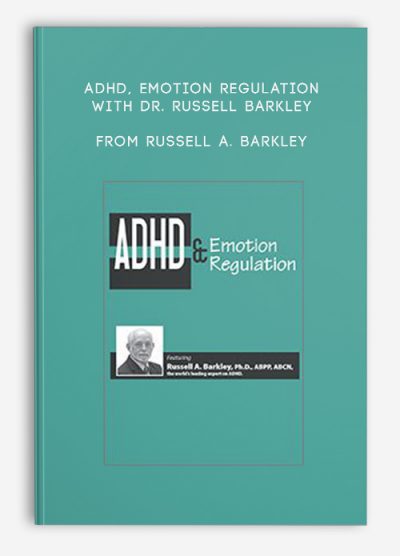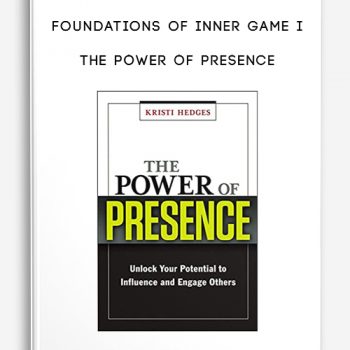 ADHD, Emotion Regulation with Dr. Russell Barkley from Russell A. Barkley
ADHD, Emotion Regulation with Dr. Russell Barkley from Russell A. Barkley
More information about Medical:
Medicine is the science and practice of establishing the diagnosis, prognosis, treatment, and prevention of disease.
Medicine encompasses a variety of health care practices evolved to maintain and restore health by the prevention and treatment of illness.
Contemporary medicine applies biomedical sciences, biomedical research, genetics, and medical technology to diagnose, treat, and prevent injury and disease,
typically through pharmaceuticals or surgery, but also through therapies as diverse as psychotherapy, external splints and traction, medical devices, biologics, and ionizing radiation, amongst others.
Medicine has been around for thousands of years, during most of which it was an art (an area of skill and knowledge) frequently having connections to the religious and
philosophical beliefs of local culture. For example, a medicine man would apply herbs and say prayers for healing, or an ancient philosopher and physician would apply bloodletting according to the theories of humorism.
In recent centuries, since the advent of modern science, most medicine has become a combination of art and science (both basic and applied, under the umbrella of medical science).
While stitching technique for sutures is an art learned through practice, the knowledge of what happens at the cellular and molecular level in the tissues being stitched arises through science.
Outline:
- Current Clinical View of ADHD (excludes emotion)
- Defining Emotion and Emotional Self-Regulation
- Overview of 7 Arguments for Including Emotional Dysregulation in ADHD
- History of ADHD Includes Emotion until 1968
- Neuroanatomy of ADHD Includes Emotion Regulation Structures
- Neuropsychology of ADHD Includes Emotion Regulation Networks
- Psychological Evidence Shows Impulsive Emotion and Poor Self-Regulation in ADHD
- Emotional Dysregulation Predicts Life Risks Not Predicted by ADHD Traditional Symptoms
- Including Emotion Permits Deeper Understanding of Comorbidity in ADHD
- Implications of Emotional Dysregulation for Diagnosis of ADHD
- Implications of Emotional Dysregulation for Management of ADHD
Description:
Returning emotion to its rightful place as a core feature of ADHD serves to better explain the development of comorbid disorders, such as oppositional defiant disorder, as well as various life course impairments. Dr. Barkley will show you how to determine which aspects of emotional adjustment problems in ADHD cases are the result of the disorder, and which are likely to be the consequence of comorbidity or other life course circumstances. He will also address the implications of including emotion in ADHD for its management.













tristian –
This is Digital Download service, the course is available at Coursecui.com and Email download delivery.